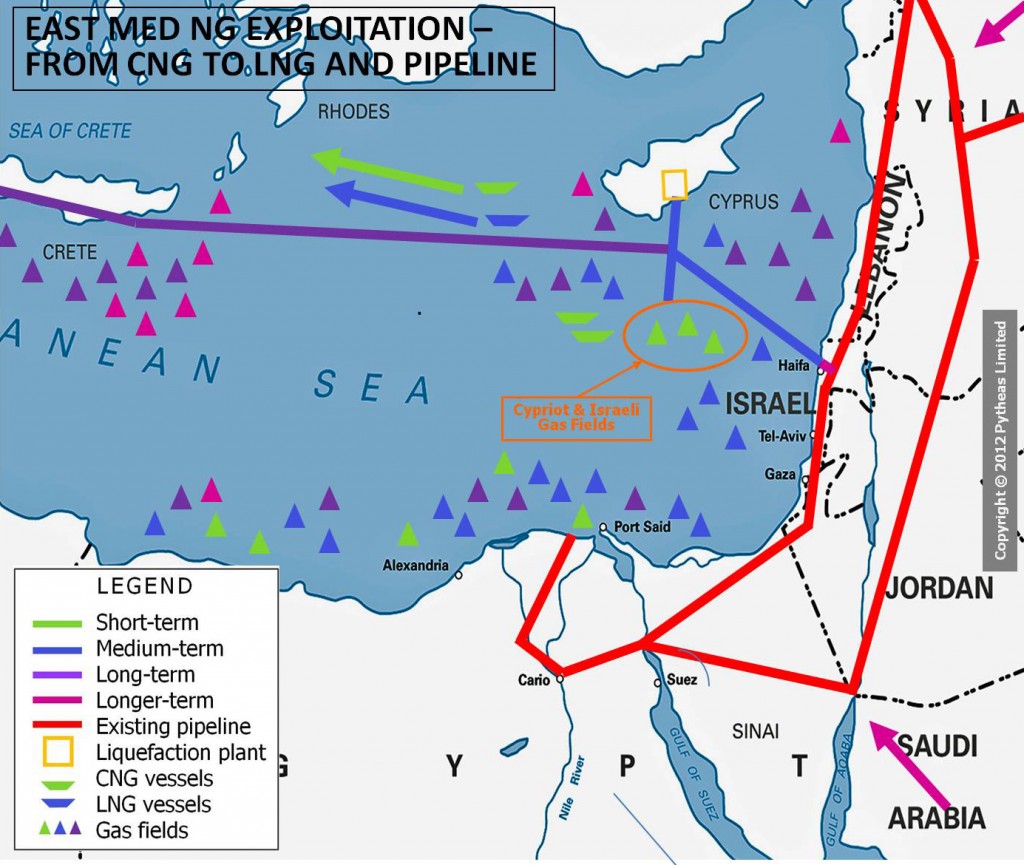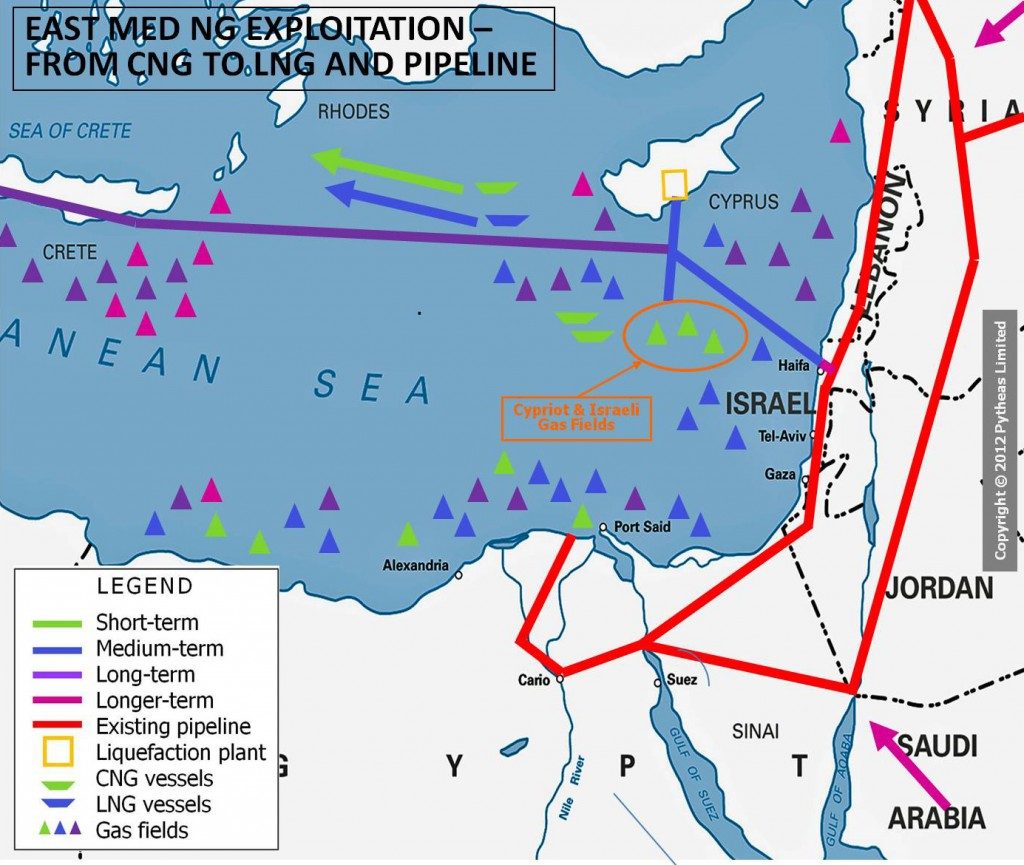Source: BESA Center
By Dr. Spyridon N. Litsas
For the first time since the collapse of the Byzantine Empire, the Eastern Mediterranean is in the midst of a tectonic shift.
The region presents all the required attributes to function as a distinct sub-regional system in the 21st century’s international environment. The Eastern Mediterranean holds the interest of the great powers (the US, Russia, and China); it contains resolute regional actors that influence the sociopolitical orbit of the region (Israel, Egypt, and Turkey); and international diplomacy may create firm ties between states that go far beyond normative alliance arrangements and thus function as power maximizers for the parties concerned (Greece and Cyprus).
There are also two ongoing civil wars in the region that offer a venue in which the great powers can sharpen their claws, often by proxy (Syria and Libya). There are two major basins with potential natural gas resources that can play a decisive role in the difficult transition period from oil energy monopoly to alternative energy resources (the Nile Delta Basin and the Levant Basin).
Read more at: https://besacenter.org/perspectives-papers/eastern-mediterranean-strategy/


